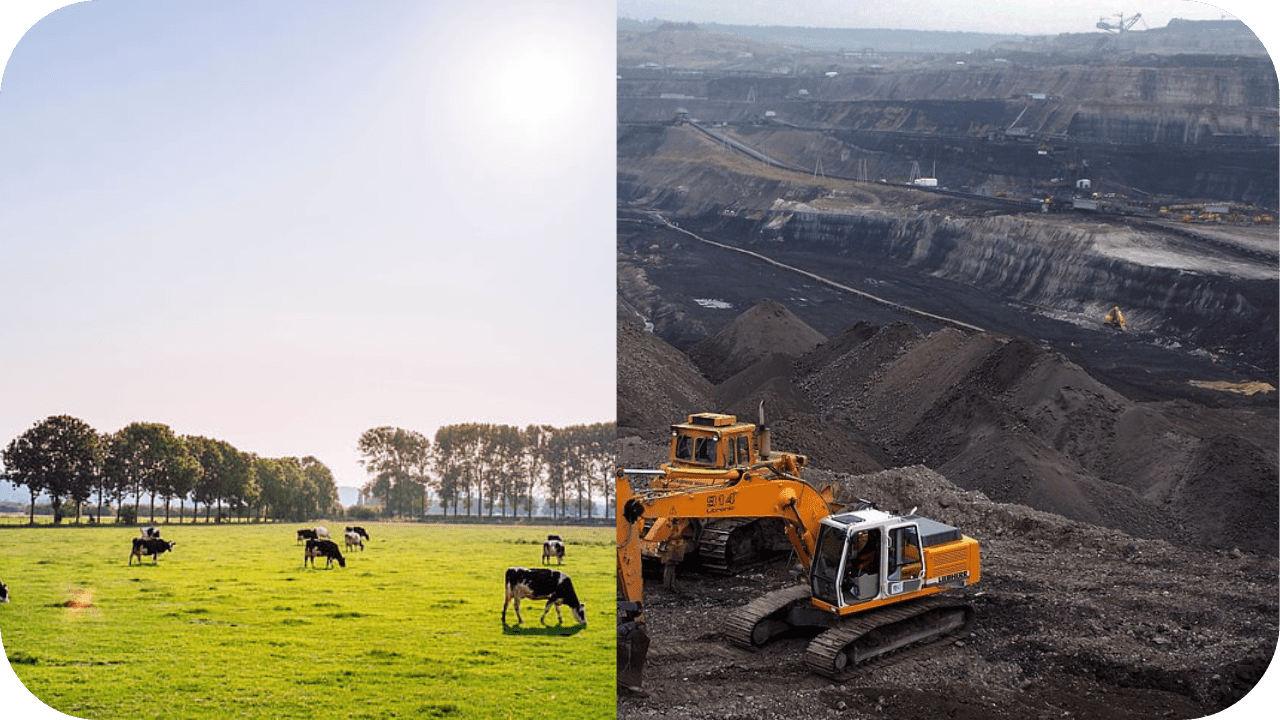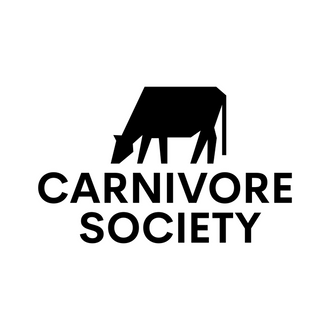
Emissions Crackdown on Cattle, But Mining Gets a Free Pass?
G'day, mates! Let's dive into a yarn that's been stirring the pot lately: the crackdown on cattle emissions while mining seems to be cruising along without a hitch.
It's a tale of two industries integral to Australia's identity and economy, yet facing very different regulatory landscapes. So, grab a cuppa, and let's unpack this conundrum.
The Cattle Conundrum: Farmers Feeling the Heat
Australia’s cattle industry has long been the backbone of our rural communities, providing livelihoods and keeping the barbies sizzling. However, livestock is responsible for approximately 10% of Australia’s total greenhouse gas emissions, primarily due to methane from enteric fermentation.
According to the Department of Agriculture, cattle contribute around 70% of agricultural methane emissions, making them a significant target for emissions reduction policies. The federal government’s push for sustainability has led to new mandatory greenhouse gas emissions reporting laws.
Starting January 1, 2025, major companies are required to report their emissions, and by 2026, this will expand to include "scope three" emissions, covering the entire supply chain. This means our farmers might soon need to account for every burp and fart from their cattle.
Understandably, this has caused some concern. If elected, the Coalition has promised to abolish these regulations, arguing that they will impose additional administrative costs on farmers and ultimately raise supermarket prices.
Livestock SA president Joe Keynes also expressed concerns and urged the government to provide clearer details on the policy. Keynes emphasized the need for a collaborative approach across the entire supply chain to develop an effective and fair system.
Mining's Free Pass: A Different Set of Rules

While our cattle farmers grapple with these new regulations, the mining industry plays by different rules. According to the Australian Government's National Greenhouse Gas Inventory, coal mining alone accounts for around 33% of Australia’s total emissions, with fugitive emissions from mining activities contributing 11% of the country’s greenhouse gas emissions.
Recently, the Albanese government approved the extension of three coal mines in the Hunter Valley: Whitehaven Coal’s Narrabri Underground Mine Stage 3, the MACH Energy Mount Pleasant project, and Ashton Coal Operations’ Ravensworth Underground Mine. These extensions come despite Australia’s commitment to reducing emissions by 43% by 2030 and reaching net zero by 2050.
The Double Standard: Why the Disparity?
The contrasting regulatory approaches toward Australia's cattle and mining industries have sparked significant debate, highlighting a perceived double standard in environmental policy enforcement. This disparity raises critical questions about the equitable distribution of responsibilities and the underlying factors influencing such policy decisions.
Economic Contributions and Political Influence
The cattle and mining sectors are pillars of Australia's economy, yet their treatment under environmental regulations differs markedly. The mining industry, particularly coal mining, has historically contributed substantially to the nation's GDP and employment.
This economic significance translates into considerable political influence, enabling the sector to negotiate favourable terms and sometimes secure exemptions from stringent environmental policies.
For instance, despite global calls for reduced fossil fuel reliance, the Australian government approved extensions for three coal mines in the Hunter Valley, citing economic and employment benefits.
Environmental Impact Assessments and Regulatory Oversight

The mining sector operates under frameworks like the Environment Protection and Biodiversity Conservation Act 1999 (EPBC Act), which mandates environmental impact assessments for projects of national environmental significance.
However, enforcement and stringency can vary, leading to perceptions of leniency. In contrast, the cattle industry faces increasing pressures to adopt sustainable practices, often with less governmental support.
Industry leaders have called for initiatives to assist farmers in achieving sustainability and reducing emissions, emphasizing the need for incentives and support mechanisms.
Public Perception and Media Scrutiny
Public perception plays a pivotal role in shaping policy enforcement. Environmental groups and media outlets often scrutinize industries like mining due to their visible ecological footprints, such as land degradation and carbon emissions.
This scrutiny can lead to heightened regulatory attention. Conversely, though significant, the cattle industry's environmental impact is less conspicuous, potentially resulting in less immediate public pressure for stringent regulations.
Challenges in Policy Implementation
Implementing uniform environmental policies across diverse industries presents inherent challenges. The cattle industry's decentralized nature, with numerous small-scale operations, complicates the enforcement of standardized regulations.
In contrast, the mining sector comprises fewer, larger entities, simplifying regulatory oversight. This structural difference can lead to perceptions of a double standard, as policymakers may find it more feasible to impose and monitor regulations within the mining industry than the more fragmented cattle sector.
The Ripple Effect: Beyond the Farm and the Mine

The implications of this disparity extend beyond the immediate industries. Consumers are likely to feel the pinch as well. John-Paul Drake, director of Drakes Supermarkets, warns that food prices will rise if farmers are burdened with mandatory carbon emissions reporting, which he describes as "beyond unconscionable."
Moreover, the broader community is becoming increasingly aware of these inconsistencies. Environmental groups are vocal about needing a cohesive and fair approach to emissions across all sectors. The perception that some industries receive preferential treatment undermines public trust in our environmental policies.
Carnivore Society: Advocating for Fairness

At Carnivore Society, we stand shoulder to shoulder with our cattle farmers, recognizing their vital role in our nation's heritage and economy. We believe in equitable environmental policies that do not disproportionately burden one sector over another.
Our commitment extends beyond providing premium, ethically sourced meats; we also advocate for sustainable practices supporting our industry and the environment.
We call on policymakers to:
-
Implement Unified Reporting Standards: Ensure emissions reporting requirements are consistently applied across all major industries, including mining, to promote transparency and accountability.
-
Support Sustainable Transitions: Provide resources and incentives for both farmers and miners to adopt environmentally friendly practices, such as subsidies for renewable energy and research into low-emission technologies.
-
Engage Communities: Involve local communities in policy development to ensure that regulations reflect the values and needs of those directly affected.
- Develop a Long-Term Vision: Create a comprehensive national strategy that balances economic growth with environmental sustainability, setting clear targets and pathways for all sectors.
Conclusion
Australia's identity is deeply intertwined with its agricultural and mining sectors. As we navigate the challenges of climate change, it's crucial that we consistently apply our environmental policies.
Singling out one industry while giving another a free pass breeds resentment and hampers our collective progress towards a sustainable future.
At Carnivore Society, we strive for a fair dinkum approach that ensures all sectors pull their weight and share the responsibility of preserving our beautiful country for generations.





